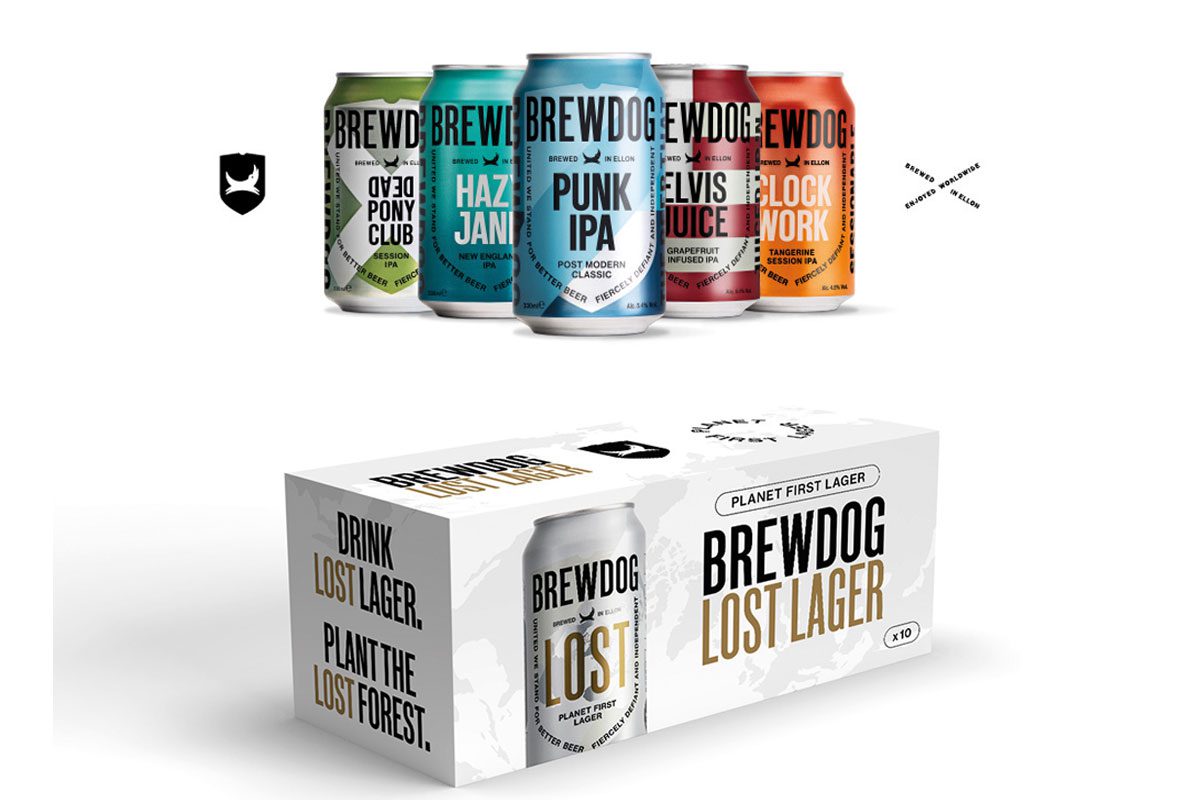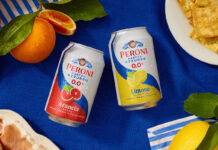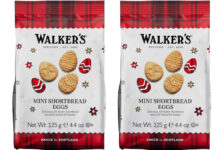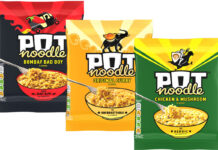BrewDog sees sales potential in convenience channel

TOTAL beer sales are down from pre-pandemic highs – which is understandable given the circumstances.
Despite this, there are still subcategories within beer where sales growth remains positive, according to Scottish craft brewer Brewdog.
Alex Dullard, head of customer marketing at BrewDog, said it was only natural to see some sales decline since the hospitality sector reopened.
“This is largely a reflection of the monstrous growth seen by this channel in 2020 and with little to beat the experience of a beer in the on trade, customers were never going to drink at home forever.
“As a result, total beer sales in impulse are down by 4.9% vs. two years ago. However, craft beer remains a key opportunity at +29.7% in impulse,” he said.
Dullard argued craft beer offers huge “untapped” potential for Scotland’s c-store retailers.
He highlighted Brewdog’s own shopper research from July 2022 which found 53% of ‘craft beer shoppers’ that shop in other channels are not currently buying from convenience.
These potential consumers, plus the higher price point of craft beers, should be an attractive proposition to c-store retailers, according to Dullard.
“Craft beer offers a premium price per litre than typical beer, at £4.69 vs. £2.91, helping to deliver an option to trade up for customers and an opportunity to increase basket spend for retailers.
“Along with London, Scotland has the largest over index in craft beer sales vs. total beer sales, indicating it is a must stock for Scottish convenience stores,” he said.
Having made a case for stocking a range of craft beers, Dullard has also suggested that convenience retailers would do well to include some larger pack formats, to reflect evolving shopper behaviour.
Highlighting Nielsen Scantrack figures covering craft beer sales in Scotland for the year to 21 May 2022 – Dullard said shopper frequency has reduced in the convenience channel post-pandemic, creating an opportunity to upsell to larger pack formats.
“Nine of the top 10 craft beer SKUs all contain four or more products.
“These larger formats are influencing overall category growth in Scotland vs. two years ago, with single 440ml cans at +283%, 8-12 count multi-packs at +54.6% and four-packs at +22.5%,” he said.
Another area within beer that is brimming with growth potential is low- and no-alcohol craft. Dullard highlighted how an increasing focus on health and wellbeing that has in part been driven by the pandemic, appears to be leading more and more consumers to alcohol-free and lower ABV options.
“Post Covid pandemic, the percentage of consumers who say they are looking to reduce their alcohol consumption over the next 12 months has risen from 40% in 2020 to 55% in 2022, and 65% for Gen Z.
“This has led to an increase of the ‘sober curious’ consumer and the more quality choices available.
“These factors mean no- and low-alcohol continues to be a growth category in beer, rising at 6% to reach £104m in the total off trade vs. decline of total beer at -14%.
“However, it is still evolving and with that, distribution and availability in convenience is not where it needs to be.
“Just 36% of consumers rate the current choice of no- and low- in convenience stores as good/very good – behind supermarkets at 59%, which can offer a larger choice.
“With expectations of availability and choice growing, now is the time for retailers to capitalise on this demand,” he said.
There is work to be done, but Scotland’s convenience retailers have already taken strides in terms of low- and no-alcohol availability: convenience is now the second biggest for the subcategory, behind only grocery.
Dullard advised that those retailers that wish to fully capitalise on this should maximise space in store to focus on market leaders; use clear signage so shoppers can find low- and no-alcohol options easily in store; merchandise these options alongside beer ,and stock in the chiller to capture impulse purchases.























